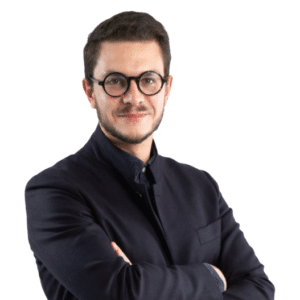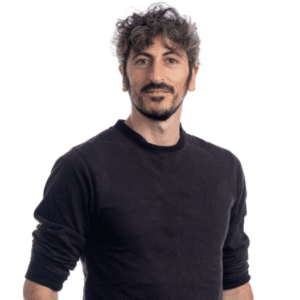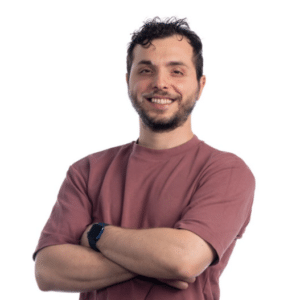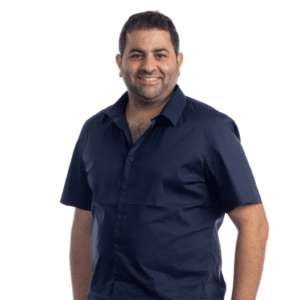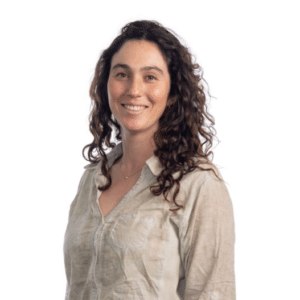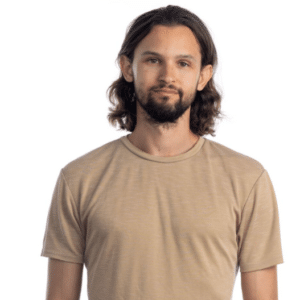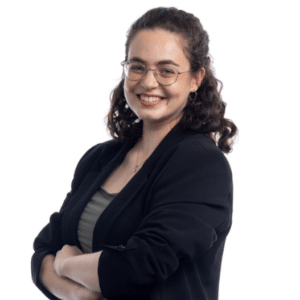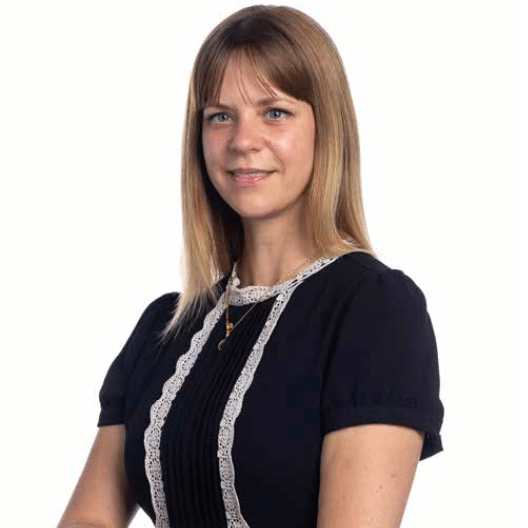
Christina
Riemenschneider
Department of Immunology and Regenerative Biology, Weizmann Institute of Science
Supervisor Professor Efrat ShemaDr. Christina Riemenschneider is an Azrieli International Postdoctoral Fellow in the Department of Immunology and Regenerative Biology at the Weizmann Institute of Science under the supervision of Dr. Efrat Shema.
Christina’s primary research interest lies in the development and application of advanced, high- throughput, and high-sensitive single-molecule and single-cell systems for mapping epigenetic states and heterogeneity within cancer cells.
Her work addresses critical questions at the intersection of epigenetic plasticity, transcriptional plasticity, and cell state transitions as well as extrinsic and spatial factors that may contribute to them. Understanding these aspects is vital to the field of cancer research as they determine crucial elements of tumour biology, including growth, metastasis, and treatment resistance. Through her research, Christina hopes to reveal mechanisms for limiting heterogeneity as a potential therapeutic strategy.
Born and raised in Ahrbergen, Germany, Christina moved to Berlin, where she obtained her Diplom degree in medical biotechnology at the Technical University Berlin. She then completed her PhD at the Max Planck Institute of Molecular Genetics under the supervision of Prof. Alexander Meissner. Her doctoral studies focused on dissecting the molecular mechanisms of epigenetic barriers that control cellular identity. She specifically studied mammalian pluripotency, which is the ability to give rise to all somatic cells and germ cells that comprise an adult organism. In addition to her passion for research, Christina enjoys travelling, exploring new places, and gaining insights into different cultures.
Watch Christina's Lecture:

About the Azrieli Fellows Program
The Azrieli Fellows Program was established in 2007 to create a network of leading academics and professionals committed to raising Israel’s profile while maintaining strong academic links between Israel and the rest of the world.
Learn more
